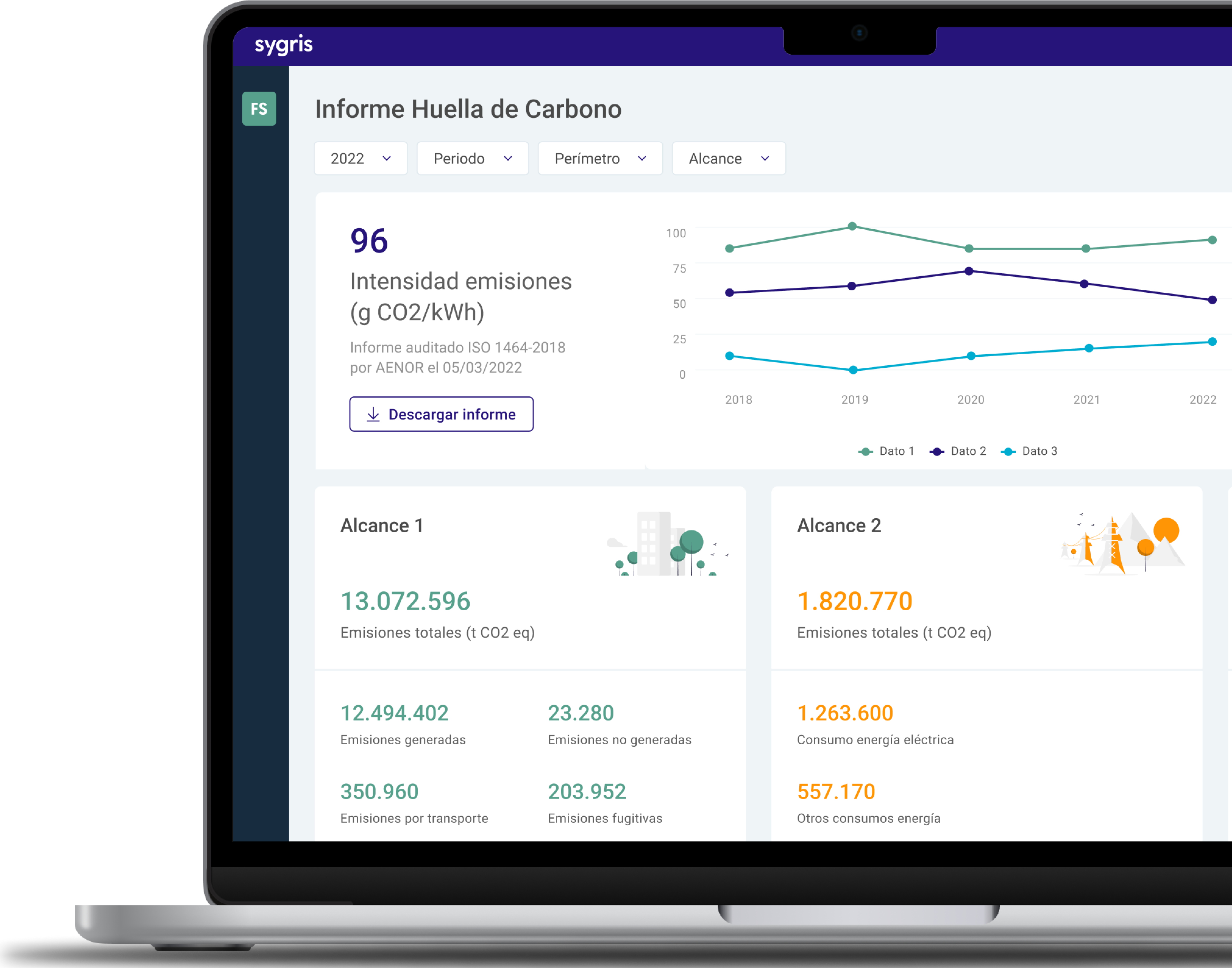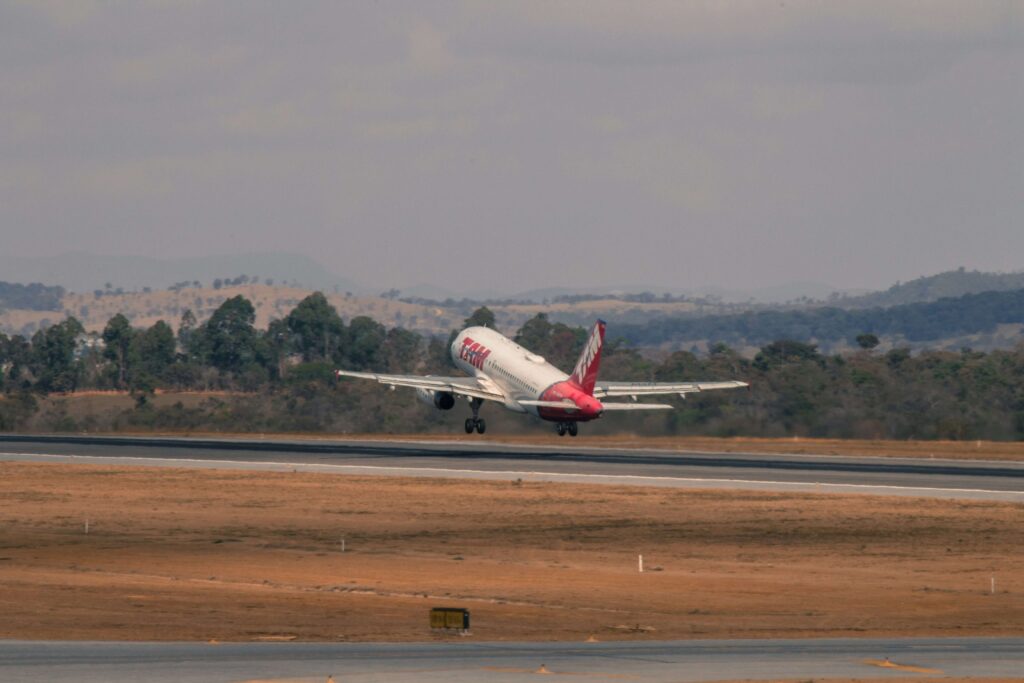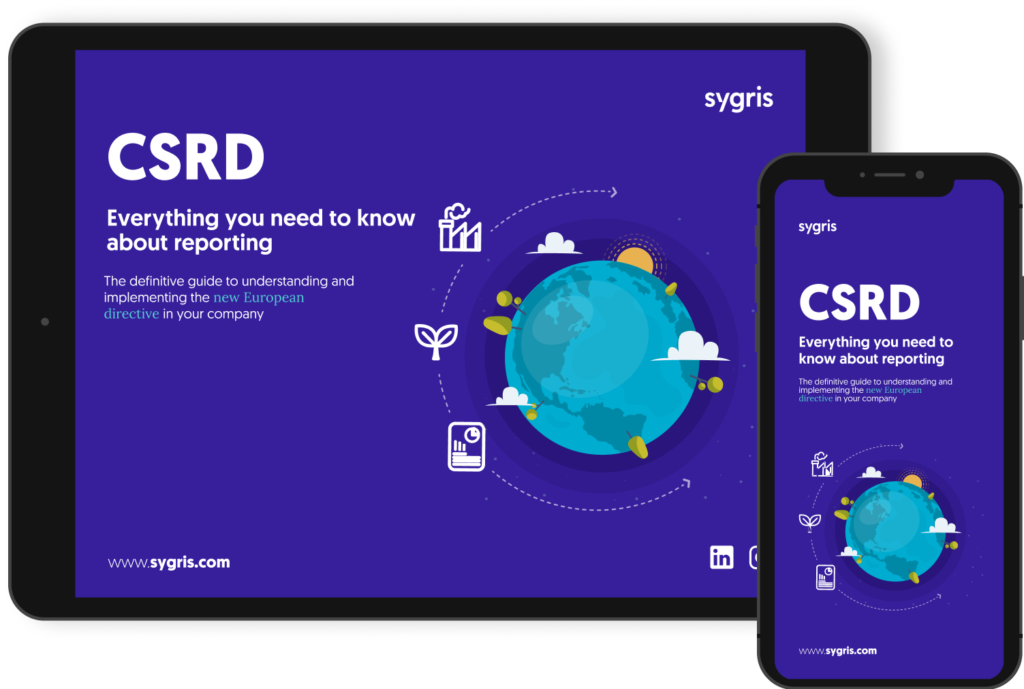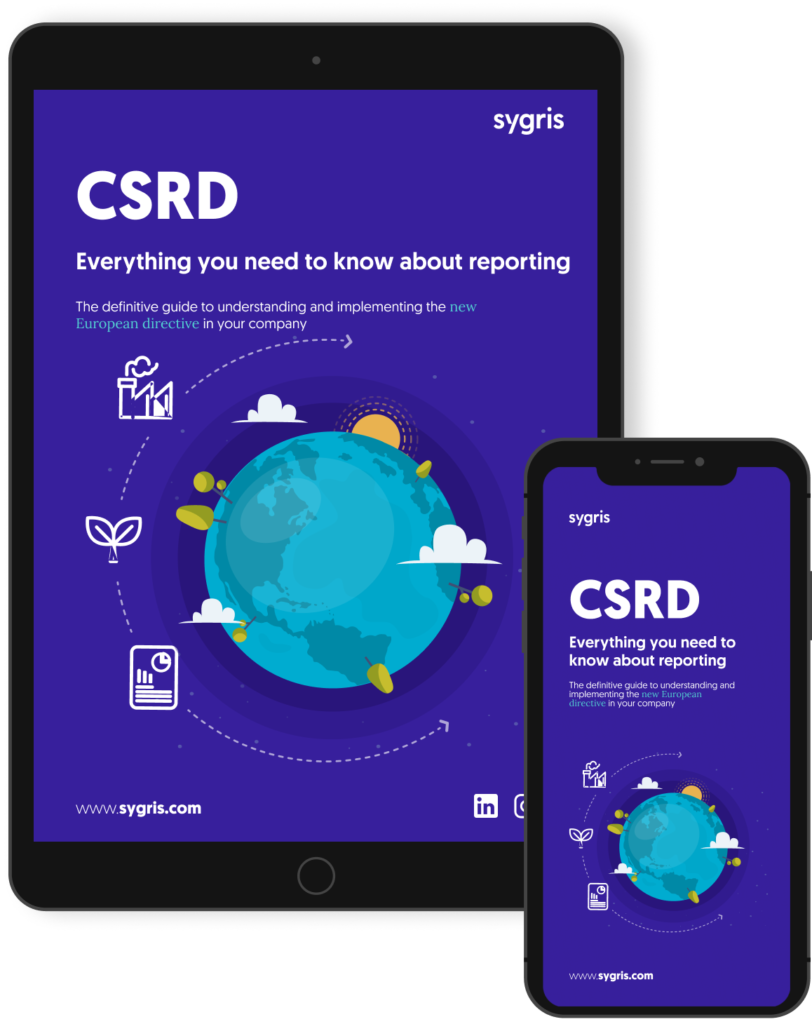Can a decarbonization plan be implemented without compromising your company’s competitiveness? The short answer is yes. The long answer requires deeper reflection on how companies can transform sustainability into a competitive advantage, especially in the context of emerging regulations such as the EUDR (EU Deforestation Free Regulation)..
Over the years, we have seen sustainability move from being a peripheral concern to becoming a central element in business strategy. Decarbonization, in particular, is no longer just a matter of regulatory compliance or social responsibility; it is an opportunity to innovate, reduce costs and strengthen business resilience.
Companies that adopt sustainable practices often discover operational efficiencies that reduce costs in the long term. For example, implementing energy-efficient technologies and process optimization can decrease resource consumption and improve productivity. In addition, sustainable companies often attract customers and employees who are committed to environmental values, which can translate into increased loyalty and retention.
EUDR as a catalyst for transformation
La EUDR exige que las empresas que comercializan productos como soja, aceite de palma, madera y cacao en la UE demuestren que sus cadenas de suministro están libres de deforestación desde diciembre de 2025. Aunque esto puede parecer una carga adicional, en realidad, ofrece una oportunidad para que las empresas revisen y mejoren sus cadenas de suministro.
By adopting traceability and transparency systems, companies not only comply with the EUDR, but also strengthen consumer confidence and differentiate themselves in an increasingly environmentally conscious marketplace. In addition, by collaborating with sustainable suppliers, companies can promote responsible practices throughout the value chain.
Most common obstacles
It is true that implementing a decarbonization plan presents challenges. Among the most common are a lack of internal leadership, a shortage of reliable data, and the perception that sustainability is a cost rather than an investment.
To overcome these obstacles, it is essential that senior management commit to sustainability as a strategic priority. This involves setting clear objectives, allocating adequate resources and fostering an organizational culture that values innovation and continuous improvement.
On the data side, the adoption of monitoring and analysis technologies can provide the information needed to make informed decisions and measure progress toward decarbonization goals. Tools such as carbon management systems and traceability platforms can be instrumental in this process.
The role of technology in sustainable transition
At Sygriswe understand that sustainability is not a destination, but a continuous journey of improvement and adaptation. Our expertise in sustainability and technology allows us to support companies in implementing decarbonization strategies that not only comply with regulations, but also drive innovation and competitiveness.
We offer customized solutions that integrate sustainability into the core of business strategy, from risk assessment to clean technology implementation and staff training. Our collaborative approach ensures that each company can chart its own path to a more sustainable and profitable future.
Decarbonization is not a threat to business competitiveness; it is an opportunity to lead in a marketplace that values environmental responsibility and innovation. By taking a proactive and strategic approach, companies can turn sustainability challenges into drivers of growth and differentiation. The transition to a low-carbon economy is inevitable. The question is not whether to begin this journey, but when. And the answer is: now.







